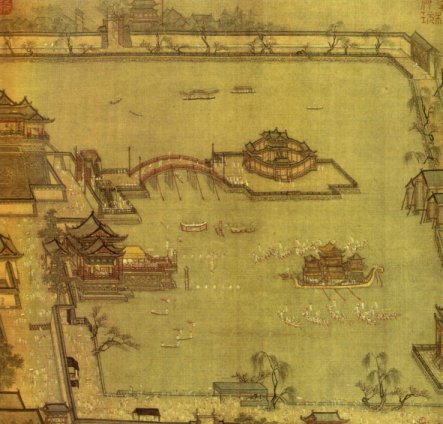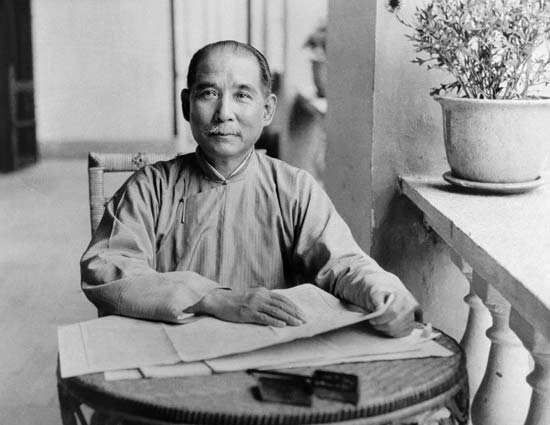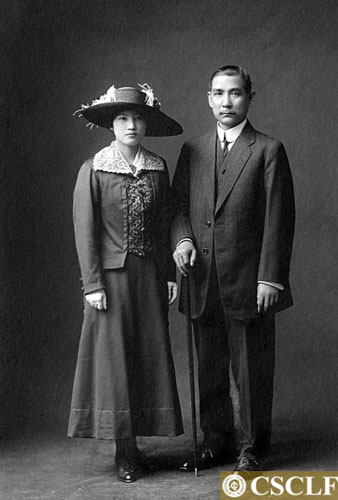Bei Dao (Poetry Foundation)
Bei Dao is the nom de plume of Zhao Zhenkai, widely considered one of China’s most important contemporary authors. His poems have been translated into more than 30 languages. In English he is represented by numerous collections of poetry, fiction, and essays, including The August Sleepwalker, Old Snow, Unlock, Landscape over Zero, Midnight’s Gate, and Waves, which have been internationally acclaimed for their subtlety, innovation, and eloquence.
Each Language Keeps the Secret Code of a Culture – Stanford edu
In an early poem, Bei Dao wrote, “freedom is nothing but the distance/between the hunter and the hunted.”
All too true, as he soon found out.
Protesters once shouted his poems in Tiananmen Square, and after his exile (he had been in Berlin during the 1989 uprising),
Photo of Bei Dao via
Happy birthday Bei Dao.
The poetry of Bei Dao, great page for Chinese language student
The Answer
By Bei Dao
Translated By Bonnie S. McDougall
Debasement is the password of the base,
Nobility the epitaph of the noble.
See how the gilded sky is covered
With the drifting twisted shadows of the dead.
The Ice Age is over now,
Why is there ice everywhere?
The Cape of Good Hope has been discovered,
Why do a thousand sails contest the Dead Sea?
I came into this world
Bringing only paper, rope, a shadow,
To proclaim before the judgment
The voice that has been judged:
Let me tell you, world,
I—do—not—believe!
If a thousand challengers lie beneath your feet,
Count me as number thousand and one.
I don’t believe the sky is blue;
I don’t believe in thunder’s echoes;
I don’t believe that dreams are false;
I don’t believe that death has no revenge.
If the sea is destined to breach the dikes
Let all the brackish water pour into my heart;
If the land is destined to rise
Let humanity choose a peak for existence again.
A new conjunction and glimmering stars
Adorn the unobstructed sky now;
They are the pictographs from five thousand years.
They are the watchful eyes of future generations.
Bei Dao returns to China (published Jan 8, 2013 – Chinese only)




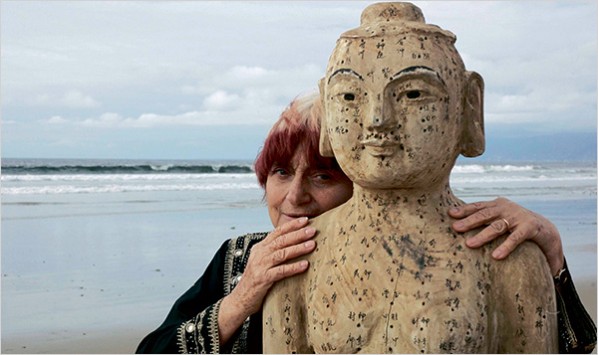

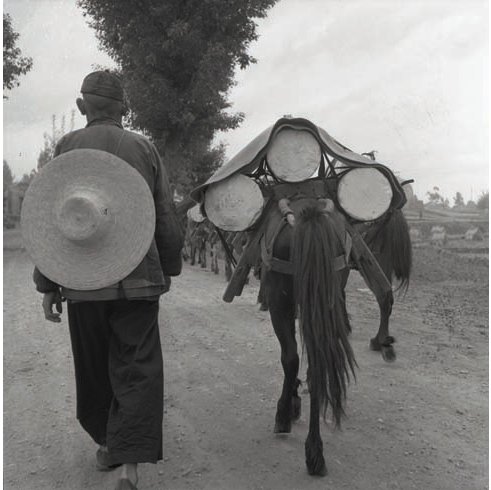
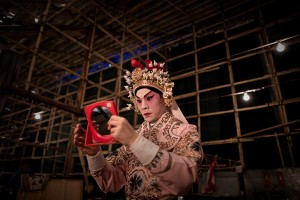
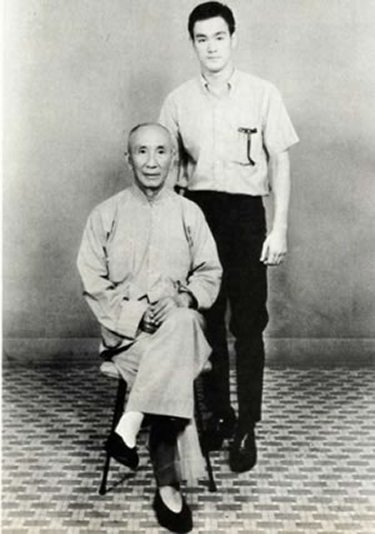



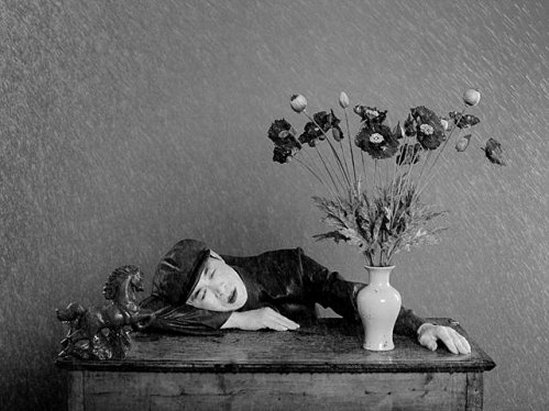
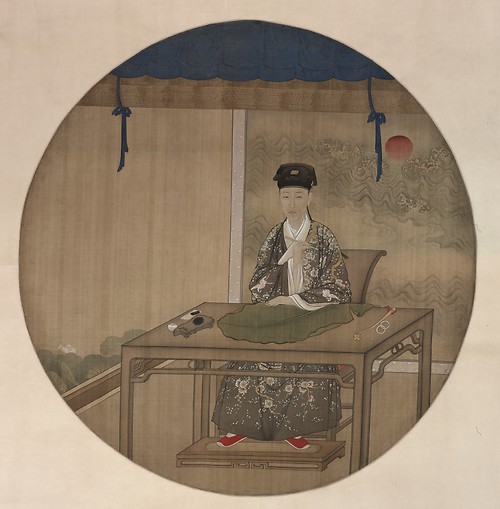

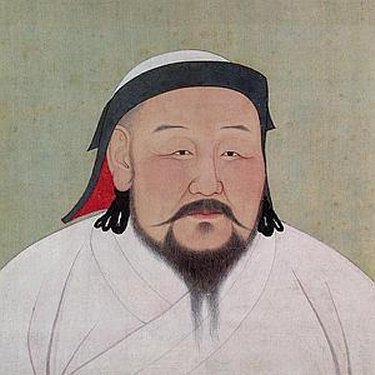

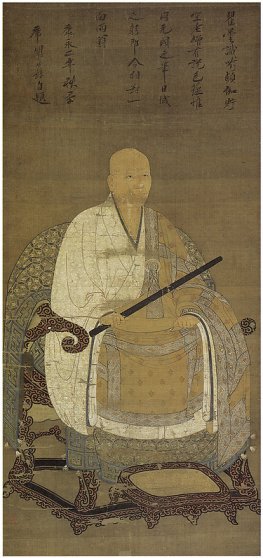
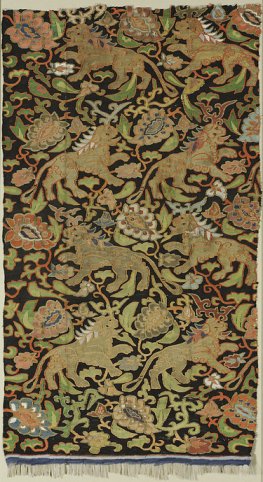
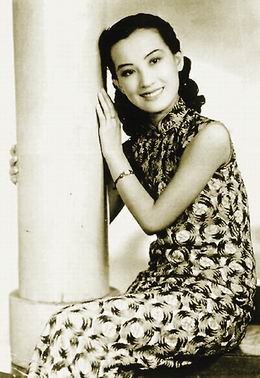 See
See 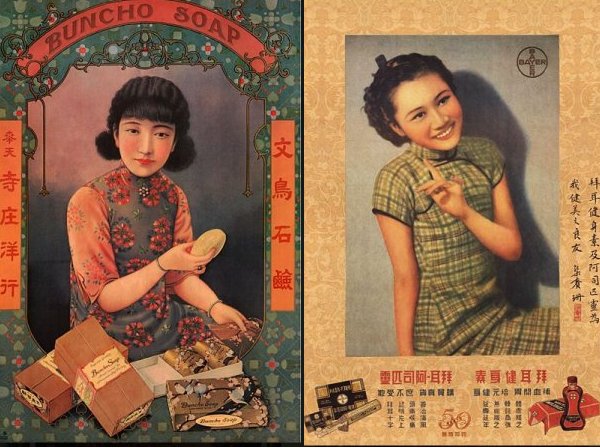

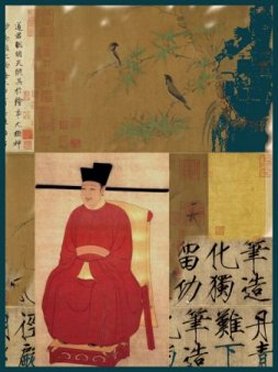 the emperor as an artist
the emperor as an artist